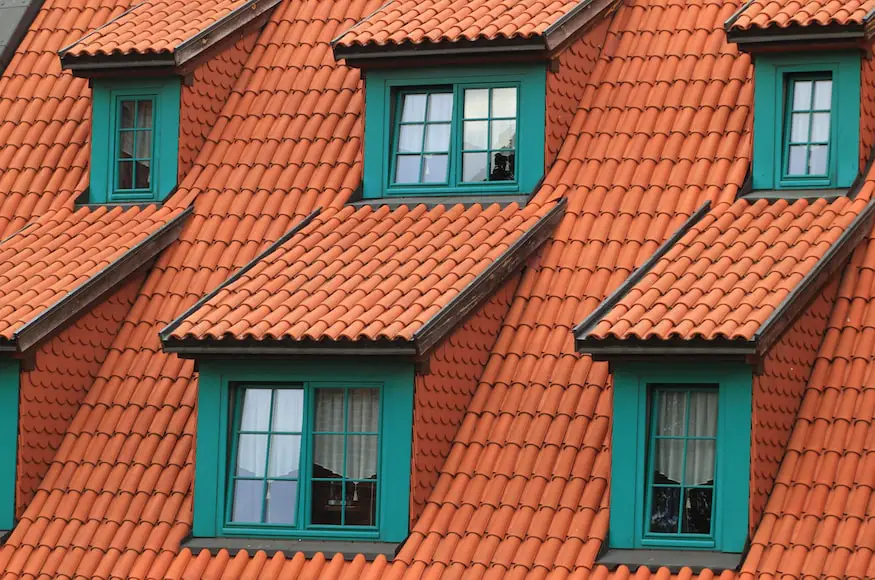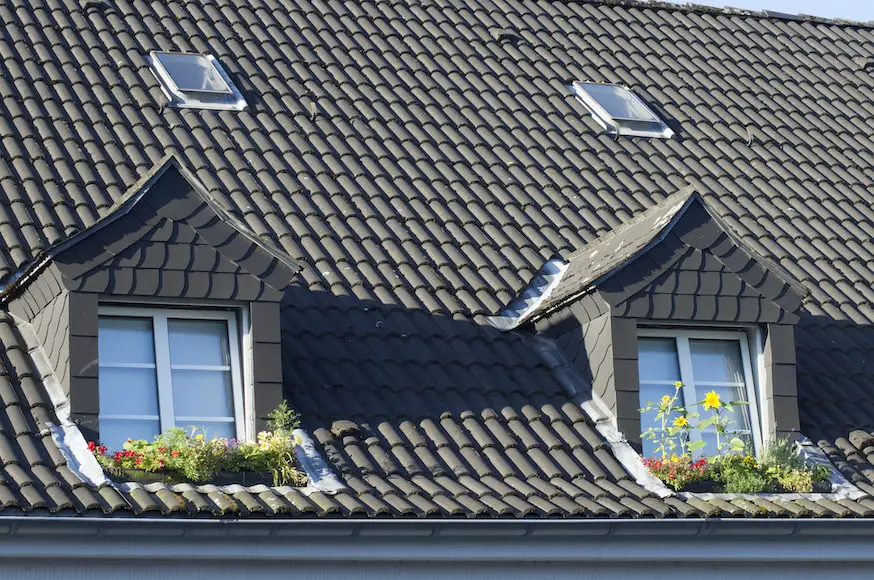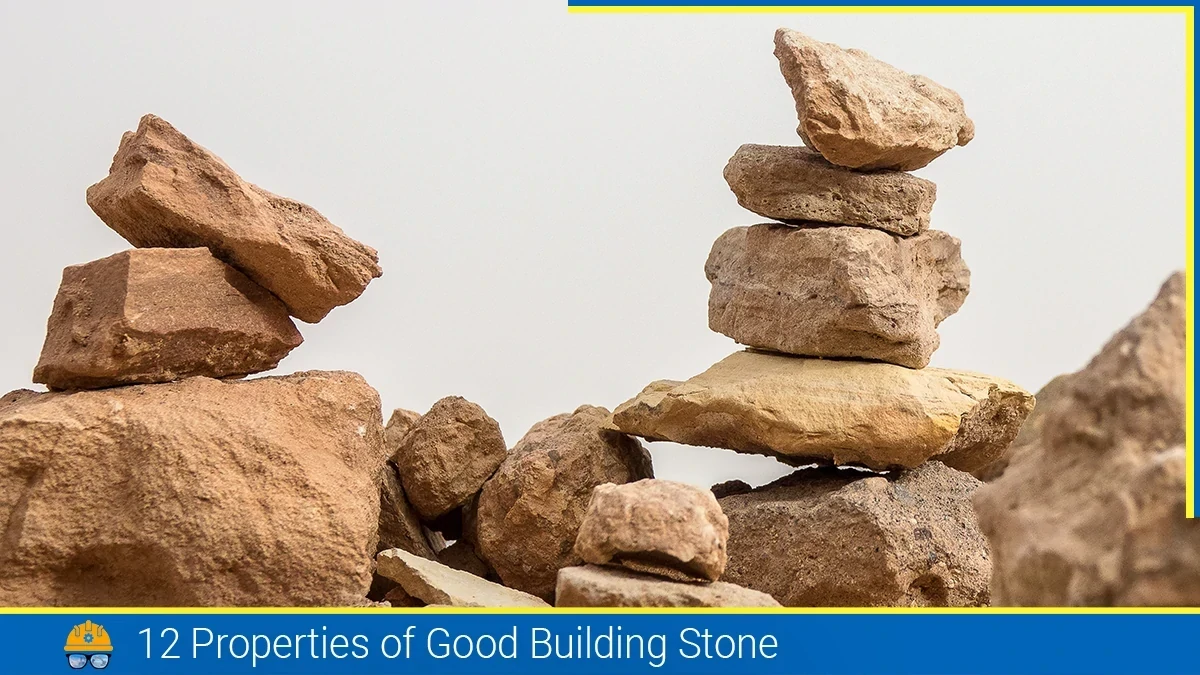Tile roofing is a commonly favoured option for homeowners who are considering roofing materials. This type of roofing is one of the oldest and is still widely used for residential and country homes due to its availability in the surrounding environment. In this article, we will delve into the advantages of tile roofing and explain why it could be the ideal choice for your home.
Types of Roof Tiles According to Materials
There are several types of roof tiles available in the market as per the demand of the homeowner, builder and designer. Following are the intended roof tiles for the tile roofing

Clay Roof Tiles: Clay tiles are one of the most popular types of roof tiles. They are made from natural materials and come in a variety of colours and shapes. They are durable, fire-resistant, and can last for up to 100 years with proper maintenance.
Concrete Roof Tiles: Concrete tiles are made from a mixture of cement, sand, and water. They are available in a range of colours and styles and are known for their durability and strength. They can last for up to 50 years with proper maintenance.
Slate Roof Tiles: Slate tiles are a natural stone option that is known for their durability and beauty. They are fire-resistant, waterproof, and can last for up to 100 years with proper maintenance. They come in a variety of colours and are often used in high-end homes.
Metal Roof Tiles: Metal tiles are made from aluminium or steel and are known for their strength and durability. They are lightweight and easy to install and come in a variety of colours and styles. They can last for up to 50 years with proper maintenance.
Asphalt Roof Tiles: Asphalt tiles are a popular and affordable option for homeowners. They are made from a mixture of asphalt and fibreglass and are available in a variety of colours and styles. They are durable and can last for up to 30 years with proper maintenance.
Wood Roof Tiles: Wood tiles are a natural and eco-friendly option for homeowners. They are made from various types of wood, including cedar and redwood, and can last for up to 50 years with proper maintenance. They are known for their beauty and can add warmth and character to a home.
Types of Roof Tiles
Tiles come in different shapes and patterns and are manufactured using a process similar to brick-making. They are typically named after their unique shape and design. Some of the different types of tiles include:
- Plain or flat tiles
- Curved or pan tiles
- Pot tiles or half-round country tiles
- Spanish tiles
- Italian or Allahabad tiles
- Interlocking tiles
Benefits of Tile Roofing
Roof tiles have been used for centuries as a roofing material, and for good reason. They offer several benefits that make them a popular choice for homeowners.
Durable Roofing Option:
Tile roofing is one of the most durable roofing materials available. Tiles are made from natural materials such as clay, concrete, or slate, which are incredibly strong and can withstand extreme weather conditions. Tile roofing is resistant to fire, wind, hail, and heavy rain, making it an excellent option for homeowners who live in areas prone to natural disasters.
Furthermore, tile roofing has a long lifespan of up to 50 to 100 years, depending on the type of material and proper maintenance. This means that homeowners will not have to replace their roofs as frequently as with other roofing materials, reducing waste and saving money in the long run.
Stylish Roofing Option:
One of the biggest benefits of tile roofing adds an elegant and timeless look to any home. Tiles are available in a variety of colours, shapes, and styles, allowing homeowners to choose the perfect tile to complement their home’s architecture and design.

Clay tiles, for example, are available in warm terracotta tones that give a Mediterranean or Spanish feel to a home. Slate tiles are available in a range of greys and blues, giving a classic and refined look to a home. Concrete tiles, on the other hand, come in a variety of colours and shapes, giving homeowners the flexibility to choose a look that is unique to their home.
In conclusion, tile roofing is an excellent option for homeowners who are looking for a roofing solution that is durable, energy-efficient, and aesthetically appealing. With a long lifespan and excellent resistance to weather conditions, tile roofing is a great investment for any homeowner.
Energy-Efficient Roofing:
Another benefit of tile roofing is also an energy-efficient option for homeowners. Tile roofs are excellent insulators, keeping homes cool in the summer and warm in the winter. This reduces the need for heating and cooling systems, lowering energy bills and reducing greenhouse gas emissions.
Furthermore, tile roofing can be installed with additional insulation, increasing the energy efficiency of a home even further. This is especially beneficial in areas with extreme temperatures, where homeowners need to use more energy to maintain a comfortable indoor environment.
Low and Ease of Maintenance:
Tile roofing is a low-maintenance option for homeowners. Unlike other roofing materials that require regular maintenance, tile roofs do not need much attention. They are resistant to damage from pests, fire, and weather, and they don’t easily fade or corrode over time. Additionally, because they are resistant to algae and mould growth, tile roofs do not require frequent cleaning.
In the rare event that a tile roof does require maintenance, it is relatively easy to perform. Damaged tiles can be easily removed and replaced without disturbing the surrounding tiles. This means that repairs can be made quickly and without disrupting the overall appearance of the roof. Furthermore, because tiles are individual pieces, homeowners do not have to worry about repairing or replacing the entire roof if only a small section is damaged.
Eco-friendly and Sustainable:
Tile roofs are manufactured using earth minerals, such as clay or concrete, which are abundant and can be sourced locally. Unlike some other roofing materials, tile roofs do not require the use of harmful chemicals during the manufacturing process. The absence of these chemicals makes tile roofs an environmentally friendly option.
Furthermore, once tile roofs reach the end of their lifespan and need to be removed, they can be recycled and pressed into new tiles. This reduces the amount of waste that goes into landfills, making tile roofing an eco-friendly choice. The ability to recycle tile roofs is a testament to their sustainability and durability.
FAQs:
Q: What are the benefits of tile roofing?
A: Tile roofing offers several benefits, including durability, longevity, energy efficiency, low and ease of maintenance, and environmental sustainability.
Q: How long does a tile roof last?
A: With proper installation and maintenance, tile roofs can last up to 50 to 100 years, depending on the type of material used.
Q: Can tile roofs be recycled?
A: Yes, tile roofs can be recycled. When they reach the end of their lifespan, they can be recycled and pressed into new tiles, which reduces waste sent to landfills.
Q: Is tile roofing suitable for all climates?
A: Tile roofing is suitable for most climates. It is particularly well-suited for hot and dry climates because it is designed to reflect sunlight and heat. However, it can also withstand cold and wet climates with proper installation and maintenance.
![]()







